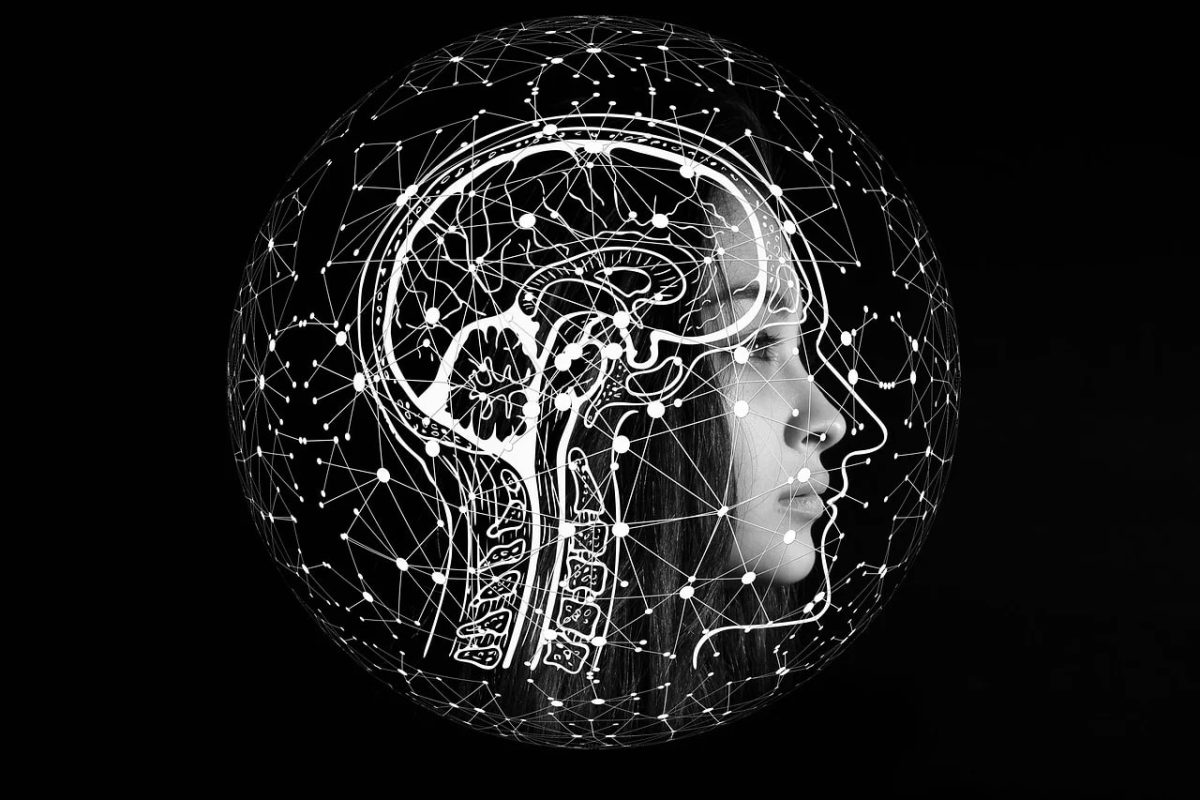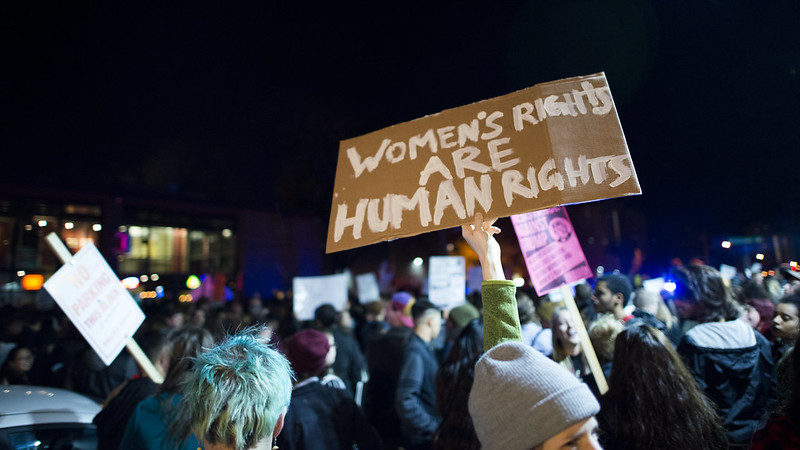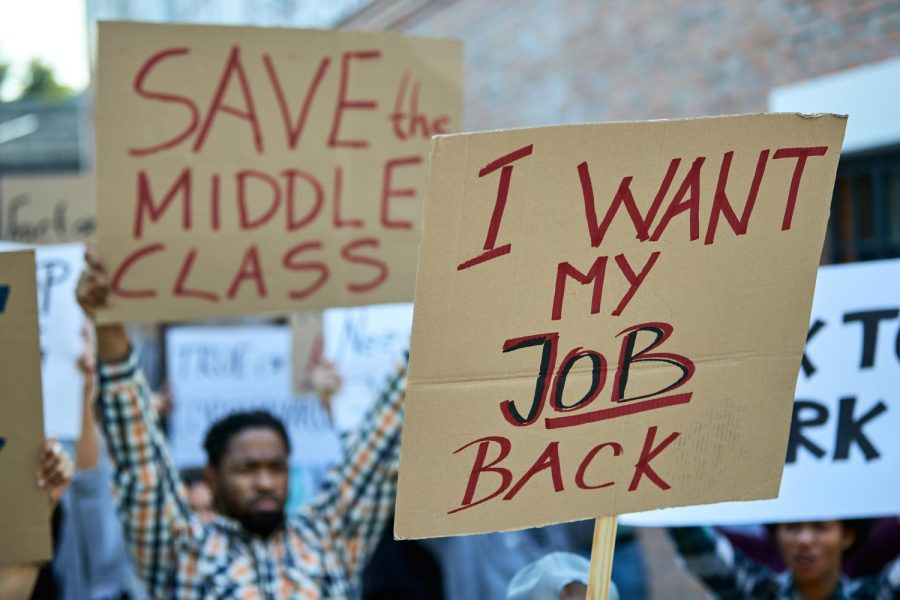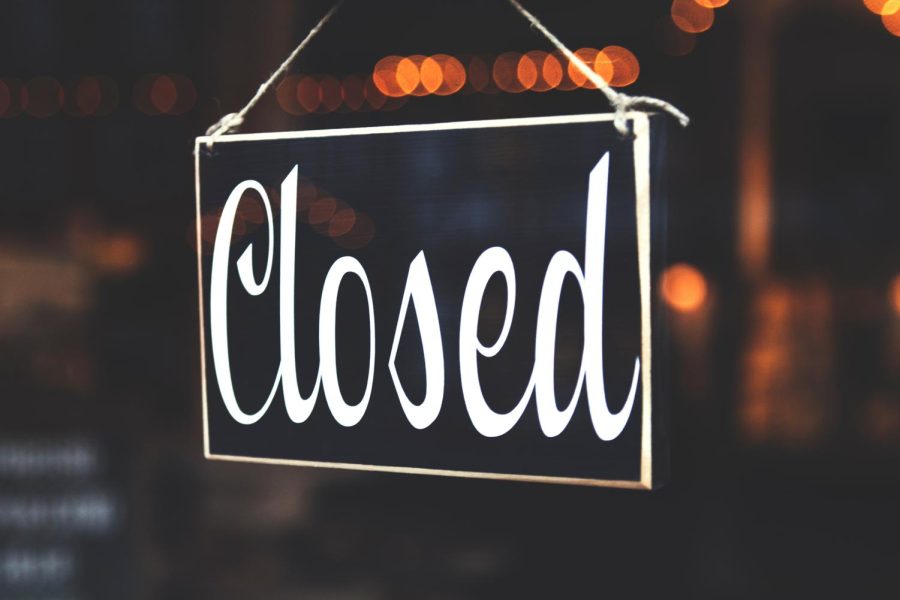As a young writer who hopes to publish someday, the impending overtake of artificial intelligence, otherwise known as AI, worries me as it does for many others in the art community.
Even though many have praised the use of AI as it makes lives easier and is convenient, AI has had detrimental effects on the creative aspects of the world, and more of these negative impacts are to be expected as its flow to mainstream media continues.
It’s clear that AI is everywhere. From being able to write your essay to creating the next animated movie to sending rockets into orbit, AI has pretty much taken over the world. The New York Times article, ‘Boom in A.I. Prompts a Test of Copyright Law,’ is a piece by Edward Moreno, a business reporter for the company. He writes that many parties have shown to value “OpenAI at over $80 billion,” which led to Microsoft investing “$13 billion in the company and [incorporating] its technology into its own products.” Now, AI is one of the biggest booming industries out there. In fact, with a quick search on Google, hundreds of AI bots are at anyone’s fingertips.
The normalization of AI is similar to the normalization of TVs in Ray Bradbury’s hit 1953 novel Fahrenheit 451. In the book, the main character’s wife, Mildred, seems addicted to the screens, which will be elaborated on later. In general, though, her actions help to show just how much technology has taken over their world, like AI has taken over ours. At the beginning of the book, she asks when she’ll “get the fourth wall torn out and the fourth wall-TV put in” (18). In their universe, TVs had become the new walls. They were quite literally surrounded by tech.
John Koblin’s New York Times article titled ‘Unions Representing Hollywood Writers’ also talks about the usage of AI, as the title implies. Koblin is a co-writer of multiple shows and movies and has a lot to say on the issue. Being a writer himself, he is also worried about the growth of AI along with “the mix of computer programmers, marketing copywriters, travel advisers, lawyers, and comic illustrators [and] now […] screenwriters” because of the possibility of AI stealing their jobs. Why hire an artist if you can use a free bot to draw your favorite character? Why do my essay when I can sit back and let the computer do it itself? These are all questions the world is asking as they turn towards AI mock-ups over real human creation and art.
Another issue with all of this, though, is how AI works. In short, an AI bot is created by putting in information to build off of when given a request. The problem comes into play when these bots are being trained with others’ art without permission and, therefore, go against copyright laws. Recently, there have been multiple lawsuits condemning OpenAI, ChatGPT, and more because they are able to whip up nearly identical articles to those in The Times magazine. Moreno goes on to say, “the companies […] free-ride on The Times’s massive investment in its journalism by using it to build substitutive products without permission or payment.”
Koblin touches on the idea of stolen work as well, saying that “Hollywood writers have grown increasingly anxious as ChatGPT has become adept at mimicking the style of prolific authors.” So, to simplify, not only has AI been stealing artists’ jobs, but it has also been stealing them with copyrighted, unjust, and, furthermore, not real art that society had seemed all too reliant on.
In Fahrenheit 451, Mildred and her friends are also reliant on the TVs for a faulty gain of joy. Rather than false art, though, they gain false happiness. Real happiness lingers, whereas false happiness goes away instantly. When Mildred, as well as the others, were taken away from the TV, “the three women turned slowly and looked with unconcealed irritation and then dislike at Montag” (90). The TV superficially fulfills their hopes for happiness in the same way that AI fulfills the jobs of artists with a faulty counterfeit.
Also like Mildred, one more problem is that the people of the world are okay with what AI has been doing. It makes their lives easier, as the TVs make Mildred happy, so why would they stop? Koblin references Mike Schur, the creator of ‘The Good Place’ and co-creator of ‘Parks and Recreation’ who says that “we have a bunch of A.I.s that are creating a bunch of entertainment that people are kind of OK with.” Even though the AI’s work may have a mediocre outcome, it is good enough for the masses, and if they see it as consumable and the art makes them happy, then it is good enough to take over the industry.
People turn a blind eye, which is additionally similar to Mildred. When she is shown books by her husband, something against the law in the novel, she runs away rather than taking a stand with him to do right. She chooses false happiness over the accomplished feeling she could have gotten otherwise by running “past with her body stiff, her face floured with powder, her mouth gone, without lipstick” (108). She and the people of the modern world don’t care. AI makes their lives easier, and TVs make Mildred happy, so in their eyes, there is no need for change.
Of course, there is the other side of the argument, which is that AI has been helpful, especially in the STEM field. Another New York Times article by journalist, author, and podcast host Farah Nayeri is titled How A.I. Is Helping Architects Change Workplace Design. In truth, AI does have a lot of benefits, like helping “architects design better office buildings and spaces that cater to workers’ individual needs.” All of that is at a cost, though, as Koblin once more states that AI is stealing and taking over the art industry. For instance, Apple created a new system “allowing book publishers to use human-sounding A.I. narrators, an innovation that could displace hundreds of voice actors who make a living performing audiobooks.” Even though AI can be good in some fields, such as calculation, AI should not exist in others like art.
In addition to this, everyone can contribute to the takedown of AI. Students should stop using ChatGPT to write. People can use commissioning artists rather than a mindless robot, and companies can hire composers for their newest hit single. Supporting the artists in our lives is what the community needs to thrive, not someone taking the easy way out. Art requires emotion, passion, and feeling, all things an artificially intelligent bot won’t have. AI may have the power to make, but they don’t have the power to create like we do.






